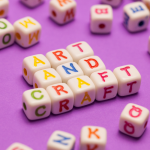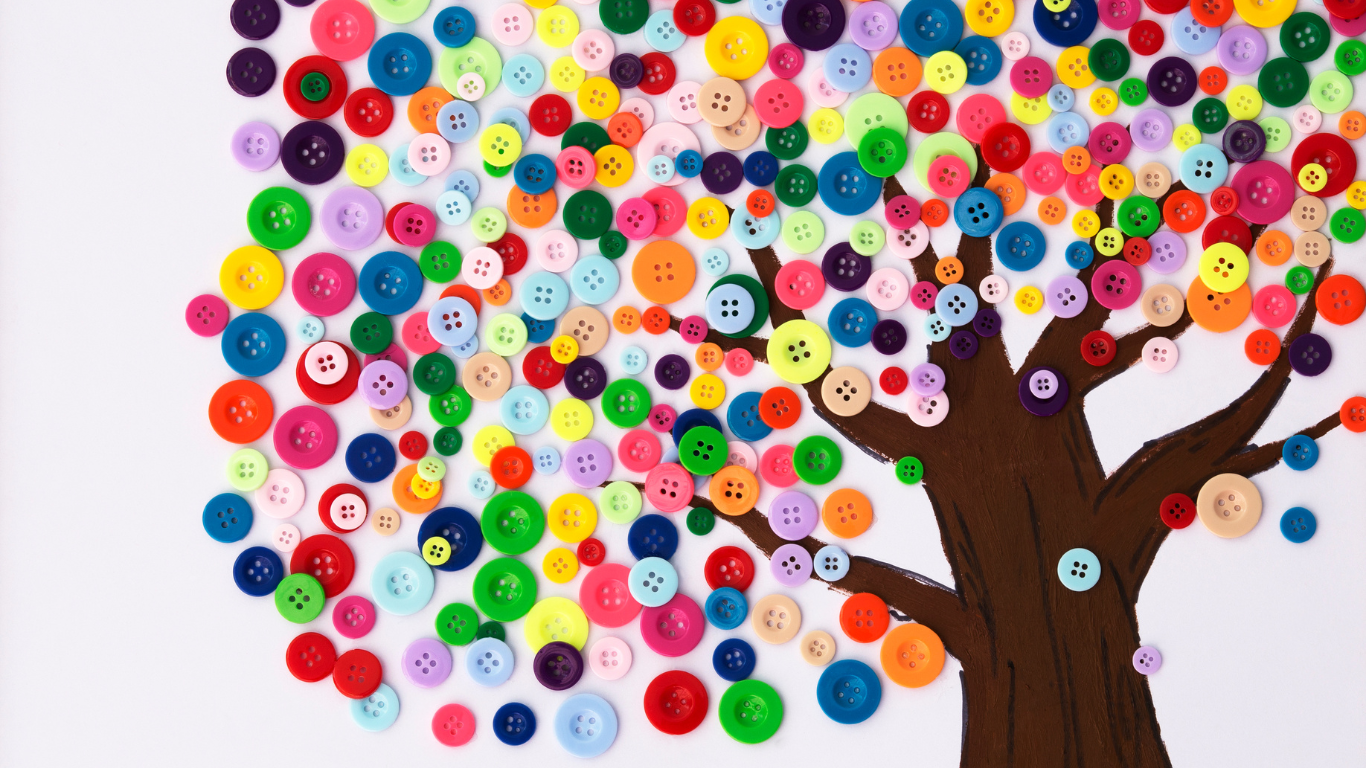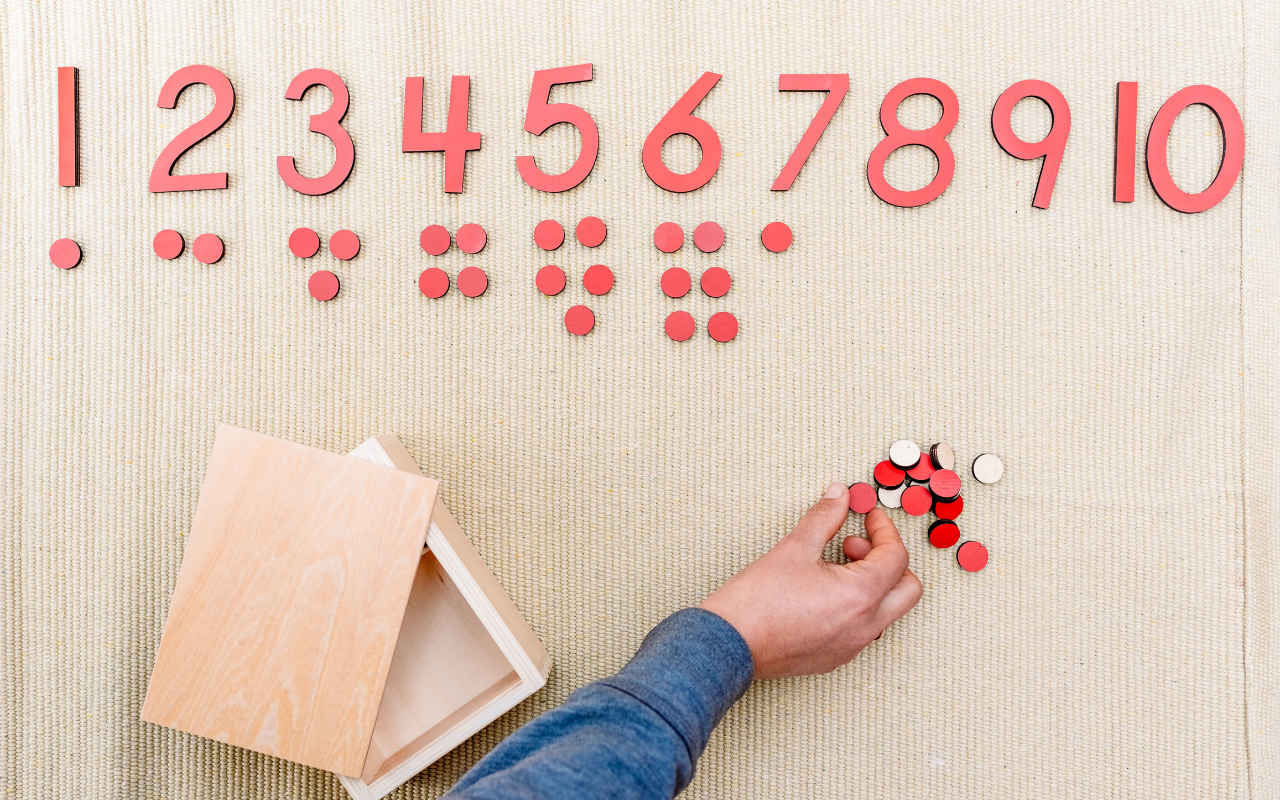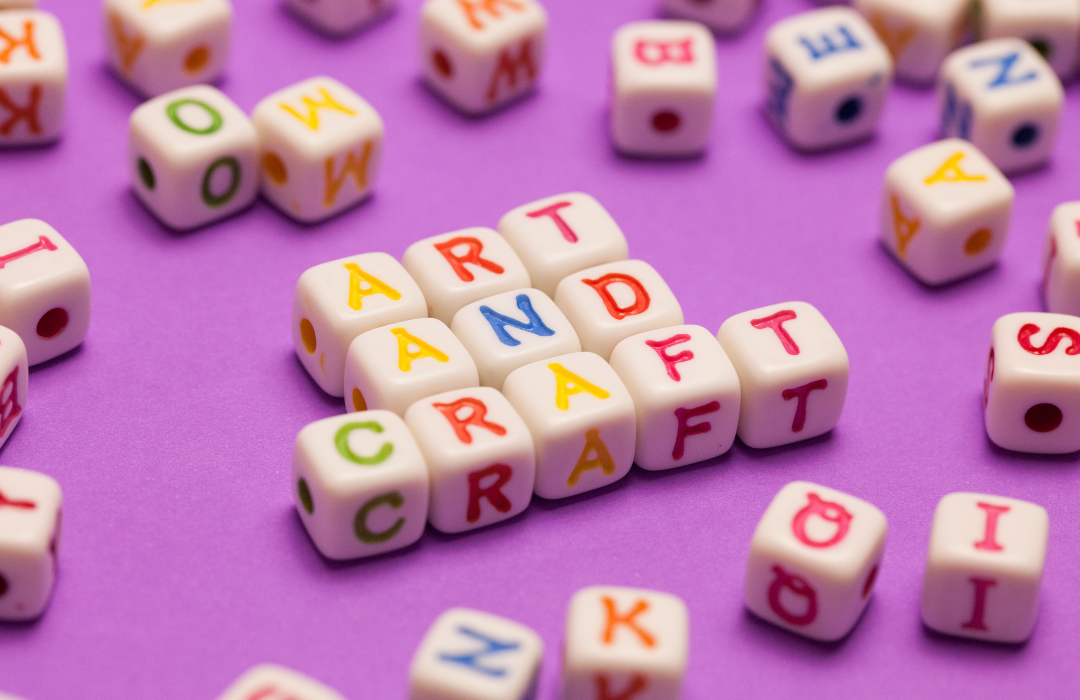Activities make learning numbers enjoyable and practical, fostering a positive attitude towards math while strengthening foundational number skills in children.
Mathematics is not only about numbers, equations, and algorithms; it is about understanding and making sense of the world. It teaches problem-solving, critical thinking, and logical reasoning—skills essential for success in any field. Embracing math nurtures a child's ability to navigate life's challenges with confidence and clarity.
Exciting and Effective Activities:
Number Games: Play board games or card games that involve numbers, like Uno, Snakes and Ladders, or Bingo. These games make learning numbers fun and engaging.
Counting Activities: Use everyday items like toys, fruits, or household objects for counting practice. For instance, count the number of apples while grocery shopping or count the stairs while climbing.
Number Recognition: Create number flashcards or use digital apps to help children recognize and identify numbers. Make it interactive by asking them to find specific numbers around the house.
Math in the Kitchen: Involve children in cooking or baking activities where they can measure ingredients using measuring cups or spoons. This hands-on experience reinforces number skills.
Outdoor Exploration: Use sidewalk chalk to draw numbers on the pavement and play hopscotch or create a number scavenger hunt in the backyard.
Puzzle Play: Introduce number puzzles, Sudoku for kids, or simple math-themed jigsaw puzzles to encourage problem-solving and number comprehension.
Storytime Math: Incorporate math into storytelling by using counting, addition, or subtraction within the narrative. Create stories where characters encounter math-related challenges.
Online Resources: Explore educational websites or apps designed for kids that offer interactive number games, quizzes, and activities.
Math Manipulatives: Use items like beads, blocks, or LEGO bricks to teach addition, subtraction, or multiplication concepts through hands-on activities.
DIY Math Games: Create homemade math games like a number matching game using index cards or a DIY counting abacus using beads and strings.
Helping Children With Learning Disabilities
Supporting children with learning disabilities in math involves employing tailored strategies to cater to their individual needs and learning styles.
Utilizing multi-sensory methods such as visual aids, manipulatives, and hands-on activities can reinforce mathematical concepts effectively.
Breaking down complex problems into smaller, more digestible parts and using real-life examples to demonstrate math’s practical applications helps in comprehension.
Differentiated instruction accommodating various learning styles, alongside positive reinforcement and patience, encourages effort and progress rather than solely focusing on correct answers.
Collaborating with educators to create Individualized Learning Plans (ILPs) specific to the child’s requirements and incorporating educational technology can further enhance their learning experience.
Providing a supportive home environment and seeking professional guidance when necessary are vital components in nurturing confidence and essential math skills for children with learning disabilities.
Daily Routine
Incorporating math into a child’s daily routine in an exciting way can significantly enhance their grasp of mathematical concepts. Here are some engaging methods to infuse math into daily activities:

By integrating math into daily activities in a fun and interactive manner, children not only see math as a part of their everyday life but also develop a positive attitude towards learning mathematical concepts. This approach helps in reinforcing their understanding of math in a practical context, enhancing their grasp of mathematical principles in a more enjoyable way.
Cooking and Baking
Involve children in measuring ingredients, adjusting recipes, and discussing fractions or proportions while cooking or baking. This hands-on experience helps them understand concepts like measurement and basic arithmetic in a practical context.
Counting and Sorting Games
Encourage counting and sorting objects during everyday tasks. For instance, count the number of toys while tidying up or sort fruits by color or size during snack time, making it a playful learning activity.
Daily Math Challenges
Set up daily math challenges or puzzles appropriate for their age and skill level. It could be simple tasks like finding shapes in the environment, identifying numbers on household items, or solving quick mental math problems.
Math in Nature
Explore math in nature by counting flowers, leaves, or observing patterns in the garden. Talk about shapes, symmetry, or geometric patterns found in natural surroundings during walks or outdoor activities.
Time and Scheduling
Involve children in planning daily schedules or routines. Let them help set timers for activities, understand time concepts, and practice reading clocks or calendars, fostering their understanding of time-related math.
Math-based Storytelling
Incorporate math concepts into storytelling. Create stories where characters use math to solve problems, count objects, or make decisions, making learning math more engaging and relatable.
Math-themed Crafts and Arts
Engage in math-related crafts like creating geometric shapes from craft sticks, making patterned bracelets, or drawing shapes and angles. It allows for creativity while reinforcing mathematical concepts.
Math Games And Apps
Introduce math-themed games or educational apps that make learning enjoyable. There are numerous interactive games available that reinforce math skills while being entertaining.
Overall, math games serve as a catalyst for meaningful interaction between parents and children. They offer a space where learning becomes a shared adventure, fostering not only mathematical proficiency but also a strong connection and a love for learning in the parent-child relationship.
In nurturing a child’s number skills at home, embracing creativity and making learning an adventure is key. By infusing everyday activities with numbers, parents can transform mundane routines into exciting opportunities for growth. Whether it’s measuring ingredients while baking, counting steps during a nature walk, or playing fun math games, the journey of learning numbers becomes a thrilling exploration. Remember, fostering a positive attitude toward numbers and embracing their presence in daily life sets the stage for a child’s confident and joyful journey towards mastering numerical concepts, turning every moment into an exciting chance to explore and discover the fascinating world of numbers.










